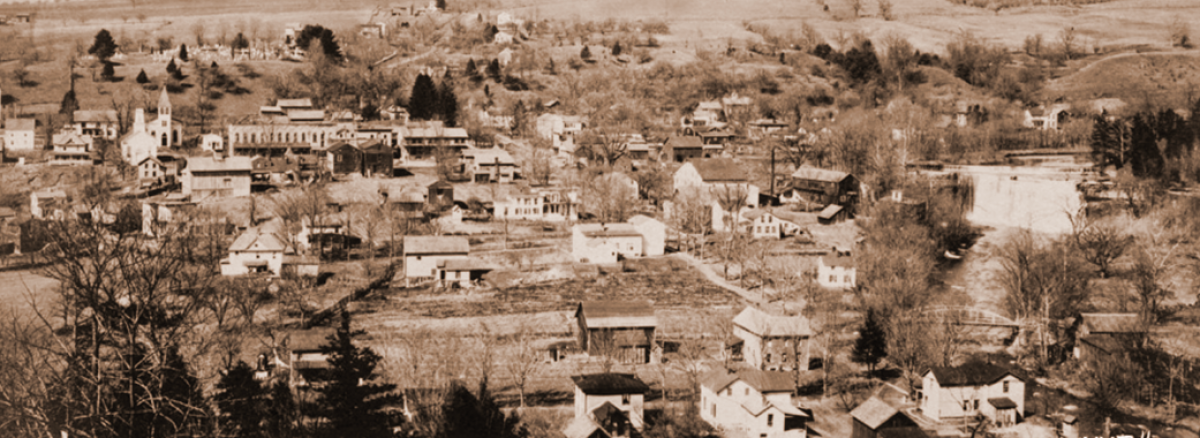Address:
Lansing Town Hall
29 Auburn Road
Lansing, NY 14882
Phone:
607- 533-4142
Fax:
607- 533-3507
Hours:
Monday - Thursday: 7:30 AM to 4:00 PM
Friday: 7:30 AM to 12:00 noon

The Lansing Historical Association was founded in 1988 when a few interested people got together to form a board.
The first thing to do was write a mission statement, and then decide how many members would form the board and how many times they would meet.
It was decided that 15 board members would be a good number with staggered years of membership. Regular members of the Association pay $10 a year in dues and receive four newsletters a year.
One of the board members took the job of writing the forms to acquire a temporary charter from the Board of Regents of New York State. Several years ago we were granted a permanent charter.
The board meets every month , the fourth Thursday of the month, at 3:00 p.m. except for the months when public meetings are held.
Two public programs are given; one in October and one in April. They are held the fourth Thursday of the month at 7:00 p.m.
Our summer board meeting is held the Fourth of July at the Town Park in Myers.
After a few years a board member decided that the Association needed a more proper newsletter than the single sheet of paper that held a few historical news items and the minutes of the board meetings. The newsletter is now printed on gray paper and has a proper heading and eight pages of three columns of historical articles, and historical photographs. The newsletter is mailed out to about 180 members. Anyone can join the association for the $10 membership fee. The Association has an archive building near the Town Hall and a one-room schoolhouse next to the Archive Building. Historical pamphlets are available and donations are encouraged. Anyone is welcome to search the Archives with the help of a board member. Send inquiries and membership dues to Box 100, Lansing, NY 14882.
The earliest settlers in Lansing resided in Onondaga County in the Town of Milton. In 1808 the name Milton was changed to Genoa and in 1817 the Town of Lansing was set off from Genoa under the act that created Tompkins County. The first settlers to arrive in Lansing came in the year 1791 from the Border Settlements of the Minisink Valley of New York and Pennsylvania. Others also arrived from New Jersey, Connecticut, and other areas of New York and Pennsylvania.
Because of General Sullivan’s Expedition in 1779 there were no Indians in this area and after the land was divided into 100 Military Lots, settlers were anxious to settle this fertile land of the lakes. They came by land route from the south and water route from the north, traveling in the winter when the waterways made frozen roads and the forest undergrowth was at a minimum. Grist mills, saw mills, clothing mills, blacksmith shops, and tanneries soon provided services to the early farmers.
The ensuing 200 years have seen Lansing change from a town of many small, self sufficient hamlets to an area which depends on several large shopping districts in the incorporated Village of Lansing in the south of the town. The northern part of the town still has many prosperous farms, but many of the residents work in industries in and outside of the town, and at Cornell University, Ithaca College and Tompkins Cortland Community College.